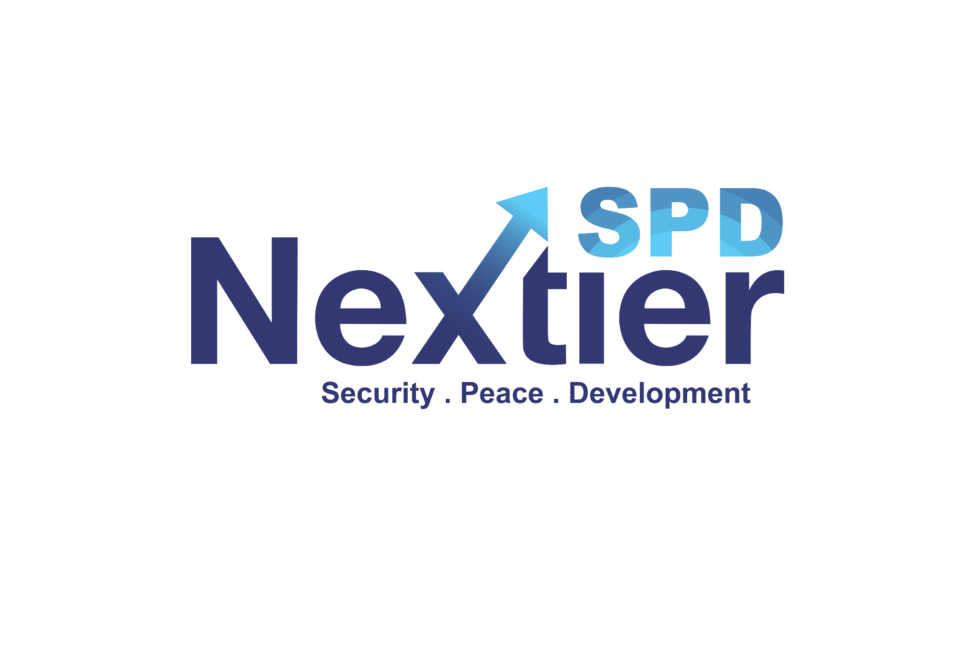Public policy and education experts at a Nextier forum have canvassed the raising of quality of Nigeria’s educational system through innovative solutions like leveraging low-fee private schools as well as enhancing teacher training and public-private partnerships.
While pointing out the underutilistion of data and evidence in shaping educational policies and programs, they emphasized the need for a participatory approach to research and policy-making.
These formed the kernel of resolutions emanating from a recent development discourse facilitated by Founder of Nextier, Patrick Okigbo III, featuring Dr. Adefeso-Olateju, an education policy expert.
The discourse was on education reforms, specifically focusing on the potential of private schools for the poor to solve Africa’s educational challenges, while highlighting the importance of quality, accessible education in driving sustainable development.
The conversation examined low-fee private schools as an alternative to address the inadequacies of public education systems, stressing the importance of teacher quality and the potential benefits of public-private partnerships.
Dr. Adefeso-Olateju provided insights into the complexity of the education sector in Africa, emphasizing education as a system integral to overall development.
The discussion touched on the significant role of education in achieving the Sustainable Development Goals (SDGs) and the importance of ensuring children have access to quality and relevant education to prepare them for future technological advancements.
The dialogue also shed light on the challenges of increasing access to education, especially in Nigeria, where a significant number of children are out of school.
According to a communiqué issued after the discourse by Nextier, “it underscored the necessity for innovative solutions, including leveraging low-fee private schools and enhancing the quality of education through teacher training and public-private partnerships.
“The discourse pointed out the underutilistion of data and evidence in shaping educational policies and programs, emphasizing the need for a participatory approach to research and policy-making.
“It called for a shift from ideological biases towards practical solutions focused on children’s best interests, suggesting a move away from solely public provision of education to models that incorporate private sector efficiencies and accountability.
“The conversation concluded with a call to action for stakeholders in the education sector to collaborate, innovate, and focus on the best interests of children, irrespective of the delivery model.
“This approach advocates for breaking down the ideological barriers that have hindered progress in education reform, emphasizing the need for a united effort to address the complex challenges facing Africa’s education system.”



